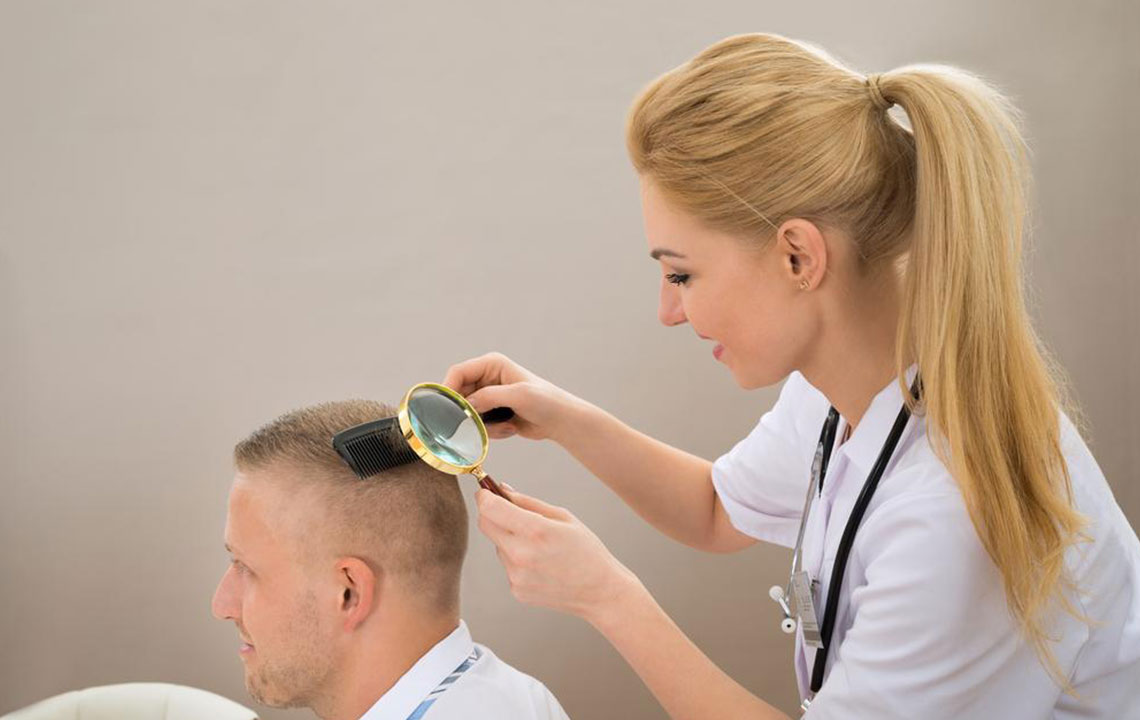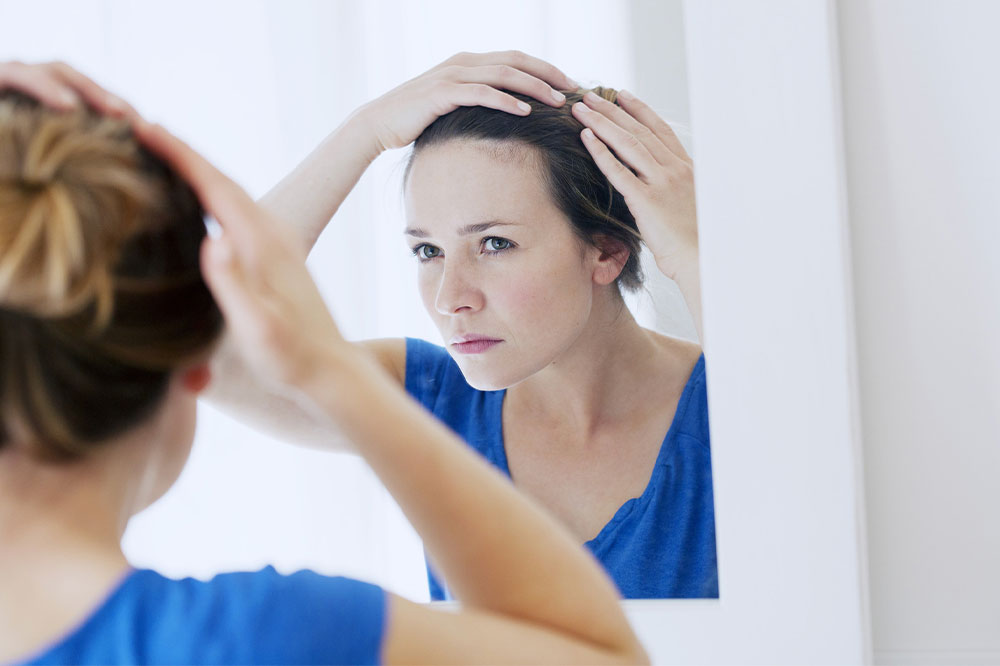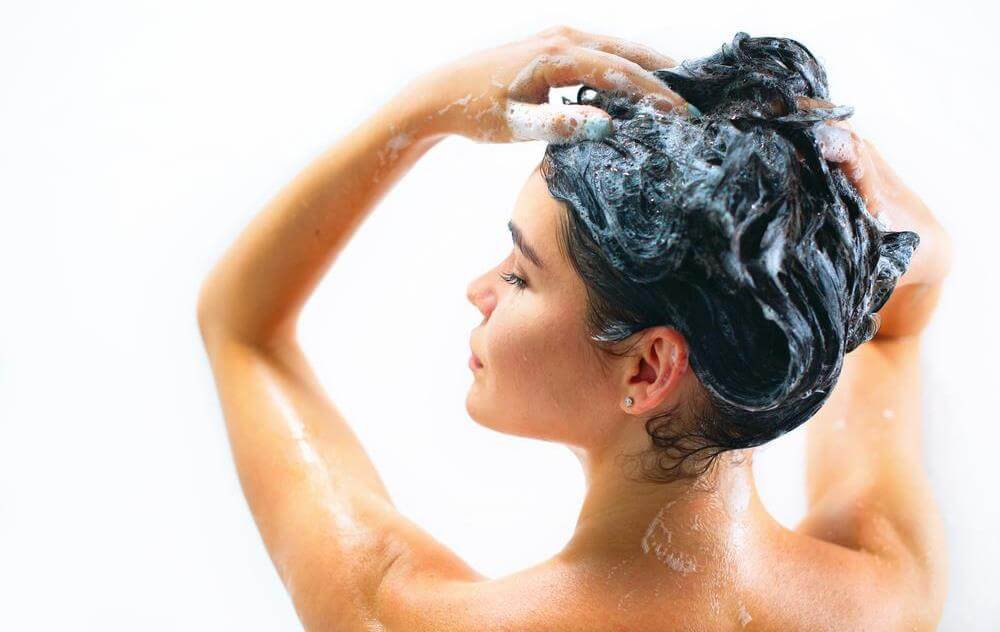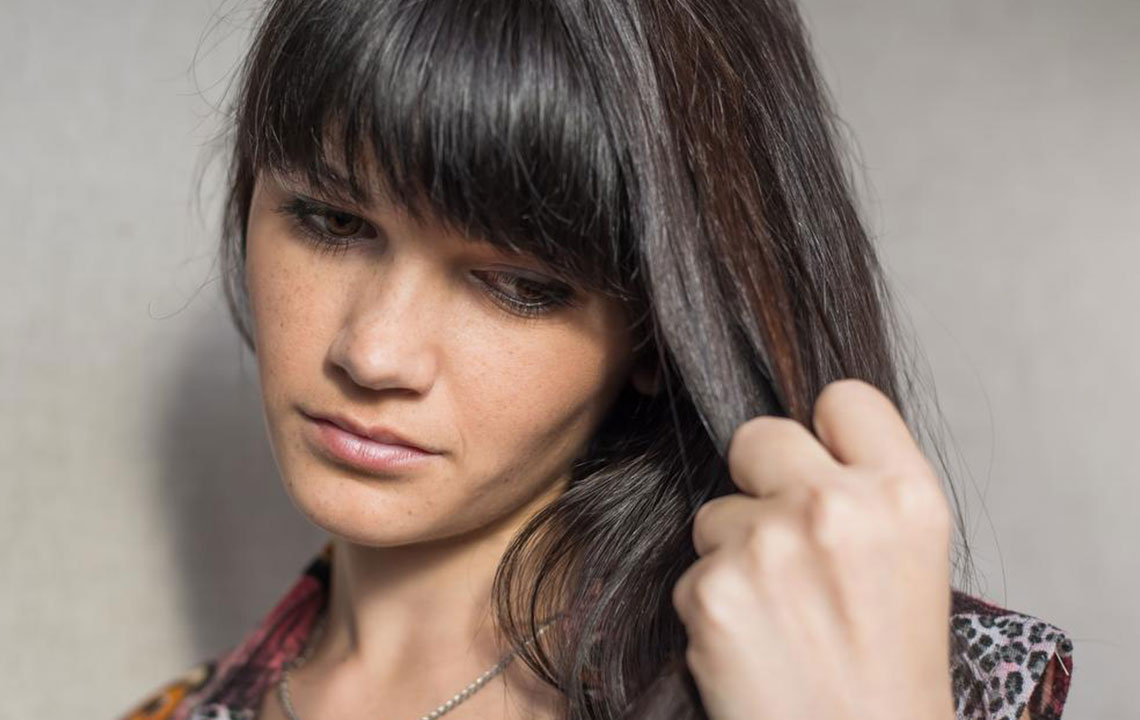Effective Strategies to Combat Hair Thinning: Do Hair Loss Shampoos Alone Suffice?
This comprehensive guide explores whether hair loss shampoos are enough to prevent hair thinning. It highlights the importance of understanding genetic factors, debunks common myths, and provides practical tips for maintaining healthy hair through lifestyle and dietary adjustments. While shampoos support scalp health, addressing hair loss effectively requires a holistic approach including proper nutrition, sun protection, and medical consultation. Learn how to differentiate myths from facts and adopt routines that promote healthier, thicker hair for a confident appearance.

Effective Strategies to Combat Hair Thinning: Do Hair Loss Shampoos Alone Suffice?
Experiencing hair thinning or noticing strands falling rapidly down the drain can be alarming and emotionally distressing. Many individuals look for quick fixes like specialized hair loss shampoos and conditioners, believing these products will halt or reverse hair fall. However, the reality is more nuanced. While such hair care products can be part of a hair health routine, they often aren't enough on their own to prevent or significantly reduce hair thinning. Addressing hair loss requires a comprehensive approach that includes lifestyle modifications, dietary improvements, and sometimes medical intervention. Recognizing the various factors that influence hair health is crucial, as genetic predisposition, environmental influences, and personal habits all play vital roles. In this detailed guide, we’ll explore the effectiveness of hair loss shampoos, dispel common myths, and provide practical tips for maintaining healthy hair.
Genetic Factors and Hair Loss: You're often told that hair loss runs in families, and genetics do play a significant role. Specifically, the inheritance of certain genes from your parents, especially your mother, can influence your propensity for hair thinning. For example, the presence of an 'X chromosome' linked to androgenetic alopecia is sometimes associated with inherited baldness. While many believe that only the maternal lineage affects hair health, modern research highlights that both parents contribute genetic factors. Men with father or grandfather baldness and women with a family history of thinning can both be at increased risk. Genetic predisposition affects hair follicle sensitivity to hormones like dihydrotestosterone (DHT), leading to gradual miniaturization of hair follicles over time.
Research consistently indicates that individuals with a family history of baldness are more susceptible to experiencing hair thinning and loss. This genetic link underscores the importance of understanding your genetic background when considering hair care routines and treatment options. While topical products like shampoos can support scalp health, they are unlikely to fundamentally alter the course of genetic hair loss without supplementary treatments or interventions.
The Myths About Hair Washing: A widespread misconception is that washing hair too often causes baldness. This myth leads many to avoid frequent shampooing, fearing it will weaken hair roots. However, scientific evidence does not support the idea that shampooing causes hair loss directly. Instead, proper hair washing using gentle, suitable shampoos can help keep the scalp clean and free of buildup, which itself promotes healthier hair growth. Frequent washing with a mild, appropriate shampoo can actually prevent scalp conditions that potentially contribute to hair thinning, such as seborrheic dermatitis or folliculitis. It's recommended to choose shampoos tailored to your hair type and scalp condition, and to avoid harsh chemicals that can strip the hair of natural oils.
Regular Trimming and Hair Shedding: Many believe that trimming hair helps prevent hair loss, but this is a misconception. Trimming hair primarily helps reduce split ends and breakage, making hair look healthier and fuller. However, it does not influence the root health or halt natural hair thinning caused by genetic or hormonal factors. When hair roots weaken or miniaturize, trimming cannot reverse this process. Still, maintaining well-trimmed hair minimizes damage and makes overall hair appearance more voluminous, which can be psychologically beneficial. For actual prevention of hair loss, focus should be on nourishing the hair follicles through proper nutrition, scalp care, and possible medical treatments if needed.
Sun Exposure and Hair Damage: Moderate sun exposure is generally harmless and even beneficial for vitamin D synthesis. However, excessive exposure to UV rays can damage the hair shaft and scalp. Prolonged UV exposure can lead to dry, brittle hair, weakened strands, and increased susceptibility to thinning and breakage. Using protective measures like hats, UV-protectant sprays, or minimizing direct sunlight during peak hours can help preserve hair integrity and prevent UV-induced damage. Regular use of conditioners with UV filters adds an extra layer of protection, supporting overall hair health.
Post-Pregnancy Hair Loss: Many women experience temporary hair shedding after childbirth, known medically as postpartum alopecia. Hormonal fluctuations, especially the drop in estrogen levels, cause more hairs to enter the shedding phase. This condition is usually temporary, and hair growth often resumes within a few months with proper care. Maintaining a balanced diet rich in proteins, zinc, iron, and essential vitamins, along with ensuring adequate rest, can significantly aid postpartum recovery. Incorporating scalp massages, gentle hair care routines, and possibly supplements prescribed by healthcare professionals can help restore hair density faster. Remember, postpartum hair loss is common and typically reversible, but persistent or severe cases should be evaluated by a specialist.
In conclusion, while hair loss shampoos can play a supportive role in maintaining scalp health, they are not miracle solutions for significant hair thinning due to genetic or hormonal causes. A comprehensive approach that includes proper nutrition, lifestyle changes, and medical consultation yields the best results in combating hair loss. Understanding your individual factors, debunking myths, and adopting healthy habits are essential steps toward healthier, thicker hair. If you’re experiencing persistent or severe hair loss, consult a dermatologist or trichologist to explore personalized treatment options like medications, light therapy, or advanced procedures. Remember, patience and consistency are key in any effective hair care regimen.





